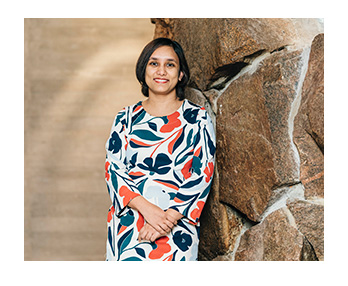Dr. Inga Lips
Inga Lips is the Secretary General of the European Global Observing System (EuroGOOS).
She has combined biological and physical oceanography in her research, integrating traditional ship-based measurements and laboratory analysis with data from autonomous measuring and sampling platforms. She has led many national and international projects, coordinated Estonia's national open sea monitoring program, developed national and Baltic Sea-wide oceanographic measurement programs, and established the Marine Ecology Lab at Tallinn University of Technology. She also serves as Chair of the European Ocean Observing System (EOOS) steering group and represents EuroGOOS at the Global Ocean Observing System (GOOS) Regional Alliances Council.
Professor Kevin Parnell
Kevin Parnell (Department of Cybernetics, Tallinn University of Technology, Estonia) is a coastal geomorphologist, who for 30 years was a university academic at the University of Auckland, New Zealand, and James Cook University, Australia (where he remains an Adjunct Associate Professor).
From 2016-2018 he was Coordinator of Beaches for Gold Coast City, Queensland, Australia, a position which included overseeing major beach nourishment and beach infrastructure construction projects. In 2018 he moved to Estonia on an Estonian Research Council and European Union Regional Development Fund, Mobilitas Pluss, ‘top researcher’ grant, having collaborated with the Wave Engineering Laboratory at Tallinn University of Technology since 2008. He began his career working on estuaries but has spent most of his career researching coral reef and temperate beach processes.
In the Baltic Sea, he has been working on coastal processes and climate change. He has particular interest and expertise in empirical coastal science and the communication of coastal science to community and political leaders.
Professor Monika Winder
Monika Winder is a professor in marine ecology at Stockholm University. She earned a PhD in life sciences from ETH, Switzerland.
Winder is a leader in aquatic food web interactions, using experiments, time series and empirical studies to understand the function of the aquatic food web and how it responds to environmental changes, including climate and biodiversity change impacts. A central research area explores how the species composition at the base of the food web, or plankton, affect trophic energy transfer to higher trophic levels, ecosystem functions and society. Winder has worked at a number of international universities, including the University of Washington, University of Davis, and Geomar, and studied community dynamics in different ecosystems, from lakes, coastal systems to open oceans.
In her current research she investigates how shifting phenologies affect trophic coupling in the Baltic Sea, and has developed a novel approach that combines DNA metabarcoding and network modelling to study the functions of species within complex communities. She is also teaching classes in marine ecosystem dynamics, statistics and interactions in ecology.
Dr. Mashrura Musharraf
Mashrura Musharraf joined the Marine Technology group at Aalto University in 2021 as an Assistant Professor.

She received her PhD (2018) and M.Eng. (2014) in Computer Engineering from Memorial University of Newfoundland, Canada. She has been an active researcher since 2012 with a vision to apply data mining, machine learning, and AI techniques to build and deploy human-centered systems and solutions and create a safer marine industry. Her expertise includes knowledge elicitation from subject matter experts, data collection by conducting full-scale experiments in marine simulators, integration of different data types, and predictive and diagnostic data analysis using machine learning methods. The choice of the analytic tools used in her research is heavily influenced by their interpretability. As the foundations for intelligent ships are being set, her current and future research aims to achieve interpretability and transparency of the AI algorithms that would govern the decision-making in ship design and operation.